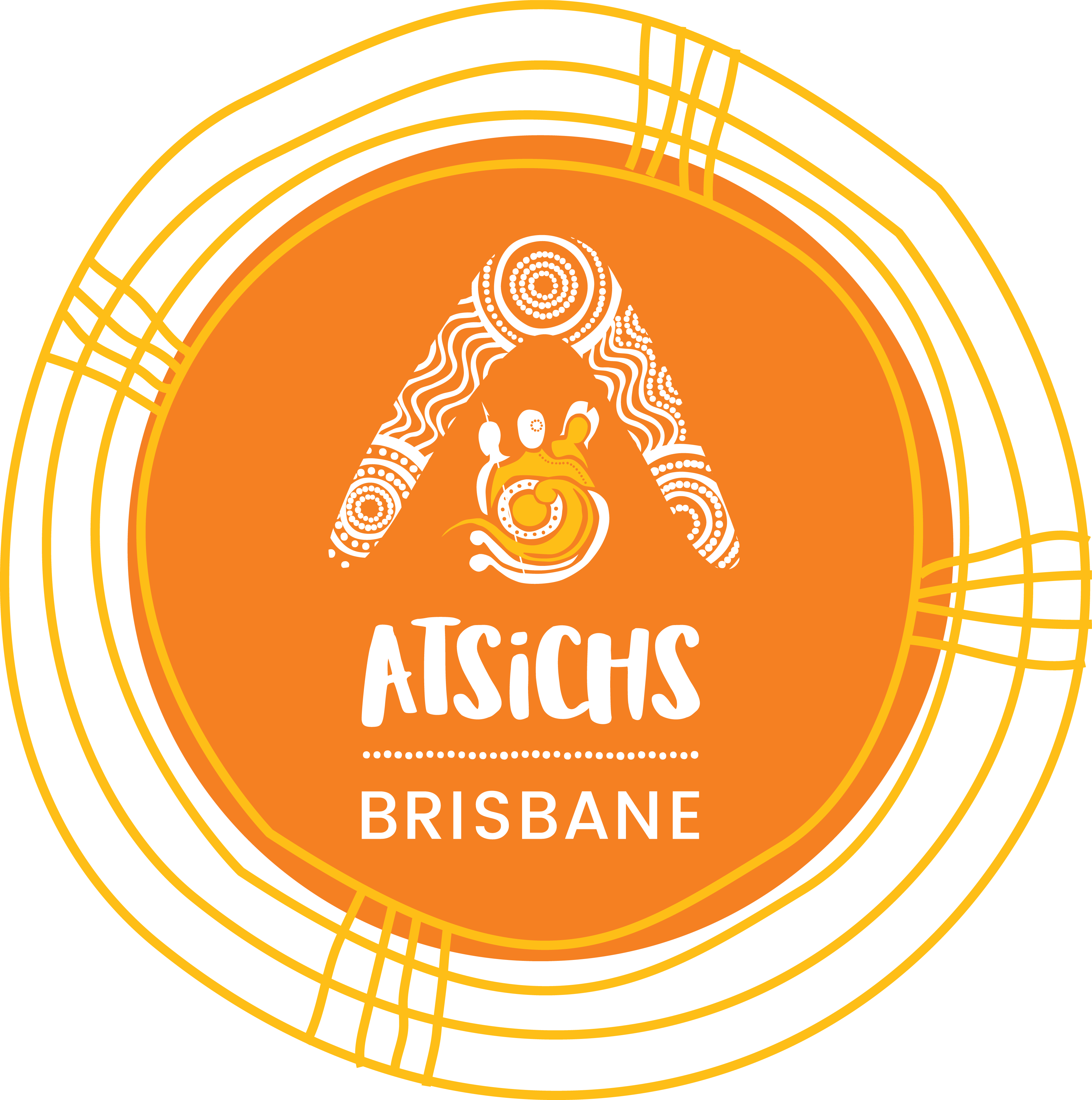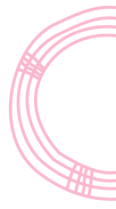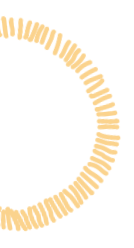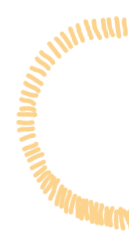News & Events
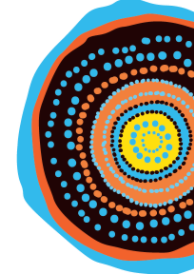
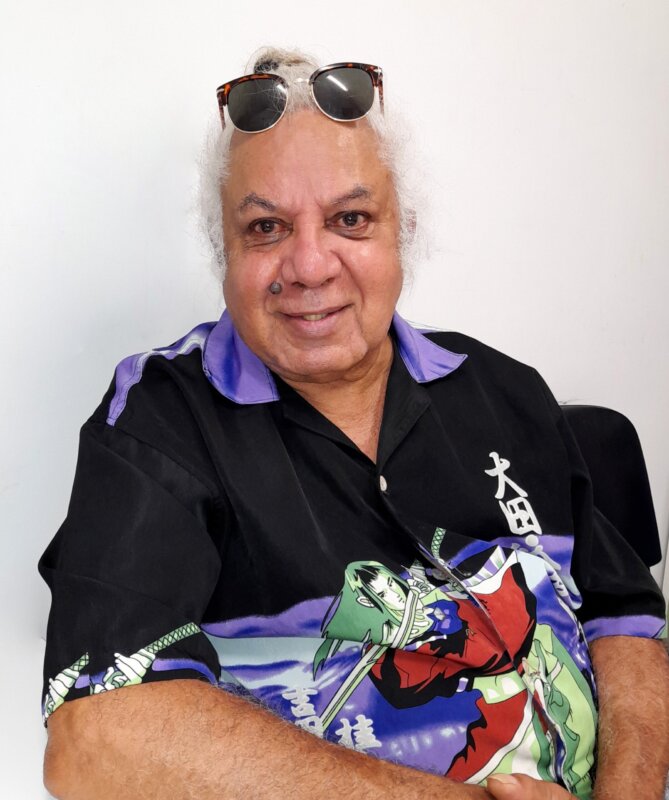
Witnessing history in the making
Uncle Colin Terare is a proud and humble Mununjali man. He has dedicated his life to caring and helping others, and over his five-decade-long career, he has been a fierce advocate for Indigenous health.
In 1974 Uncle Colin started work for Queensland Health in Brisbane. He worked as an Aboriginal health worker and was the first male health assistant.
“Our team was one of the first to liaise with the newly created Indigenous medical clinic at Red Hill,” Uncle Colin said.
“We worked together with AICHS, as it was known back then, to help with health promotions and prevention messages to our community.”
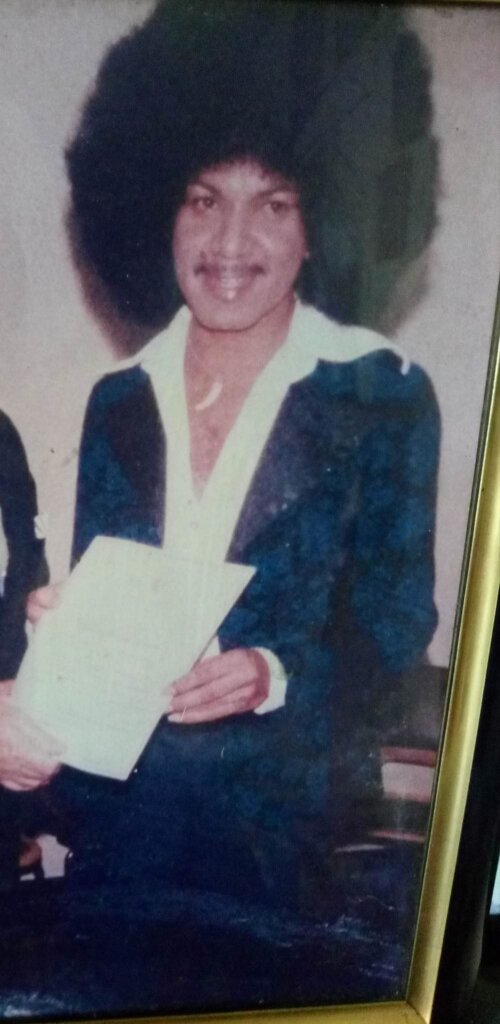
The work was difficult in the early days, but for Uncle Colin, it was also rewarding to work with and learn from the great emerging leaders of the time.
“The AICHS founders were inspirational,” he said.
“The early days were remarkable and there were so many incredible people who were so good to community.”
“In the old days, the medical centre was like the village square. It was a real meeting place to gather and talk. People would gather for a cuppa, a sandwich and a yarn and catch up with everyone.”
In the late 1980s, Uncle Colin joined AICHS and worked in various roles in the medical clinics.
Uncle Colin had a thirst for knowledge and spent long hours reading, researching and also educating himself on a range of significant topics. As a result, in 1993, he became the third Indigenous Queenslander to receive a Winston Churchill Fellowship.
This program allowed Uncle Colin to travel to Africa. Here he examined community-based strategies for the prevention and care of people with HIV/AIDS.
Returning home with new skills
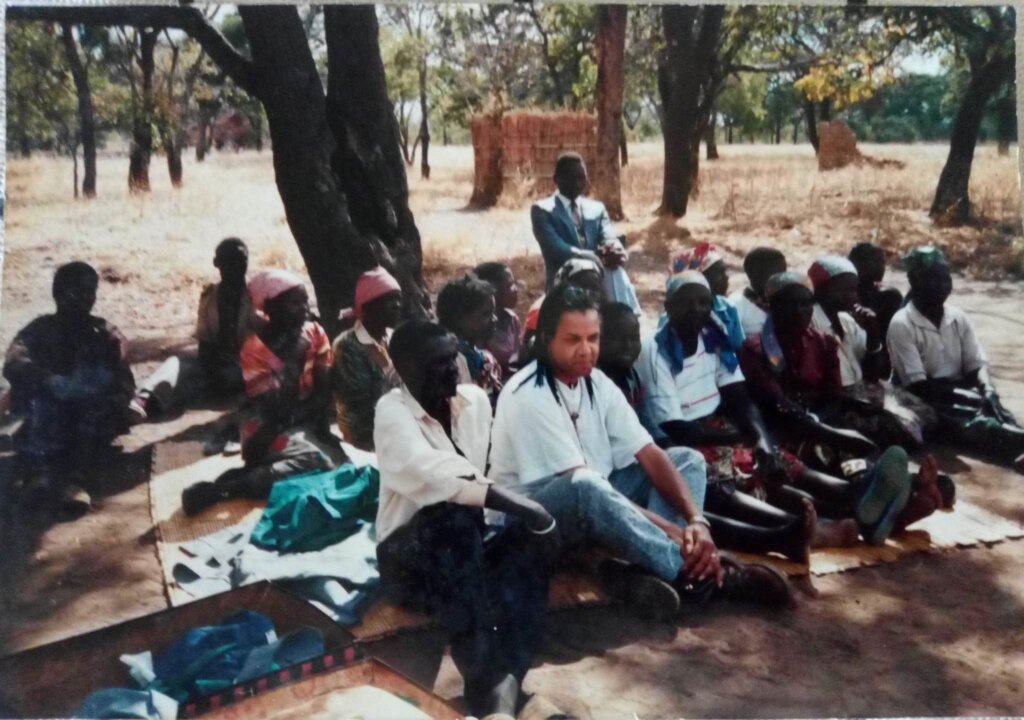
Following his return to Australia, Uncle Colin joined the Woolloongabba medical clinic in 1995. Here he worked as a project co-ordinator for men’s health.
“I was very fortunate to have the support of Mark Moore, the CEO at the time. We were able to promote men’s sexual health through workshops, men’s health events, education sessions and check-ups.”
“I also held the first Indigenous conference for men’s health. It was a great opportunity to implement the skills I learnt in Africa about working with different communities.”
Speaking about the early years, Uncle Colin expressed praise for our founders who created the organisation we know today. He also acknowledged the community Elders who played an incredible role in shaping the future of the organisation.
“They were directly responsible for the success the service experiences today,” he said.
“We were like a large extended family and there was great camaraderie. We all had our little jokes, and everyone had a nickname.”
After working at AICHS for several years, Uncle Colin left and took roles at Kalwun Health Service and other community organisations before retiring.
Today he regularly attends our Northgate Medical Clinic and enjoys catching up with community at various events, including NAIDOC Week celebrations.
“I hope the young people coming through realise just how difficult it was in the early days for us starting out. I hope they realise just how much our Elders contributed to the health of our community. They truly stand on the shoulders of giants who walked before them.”
